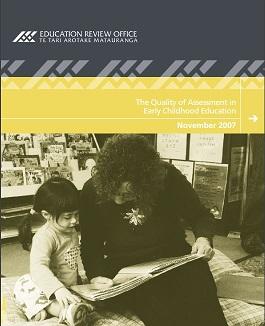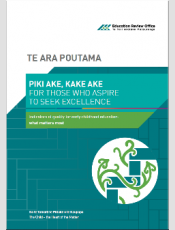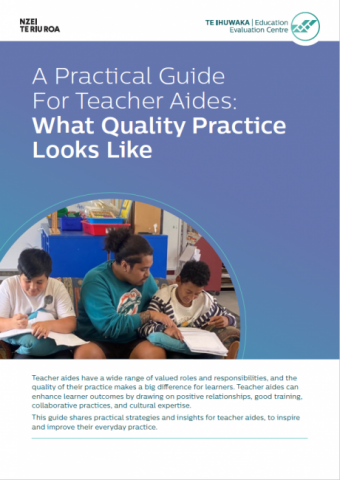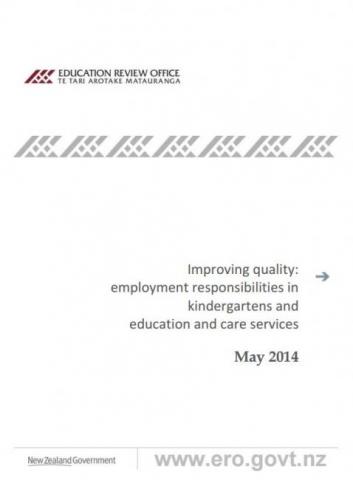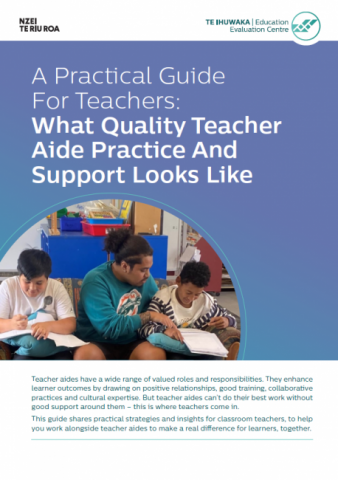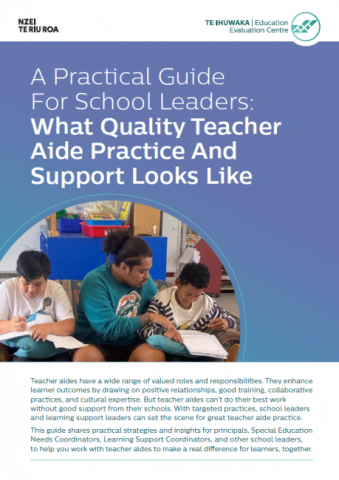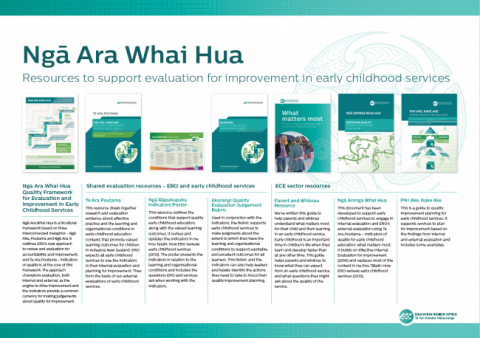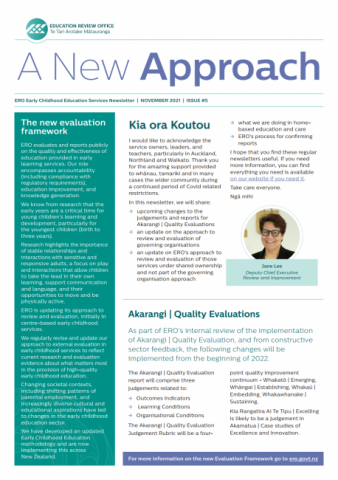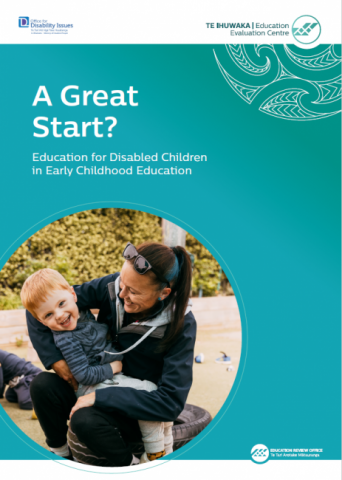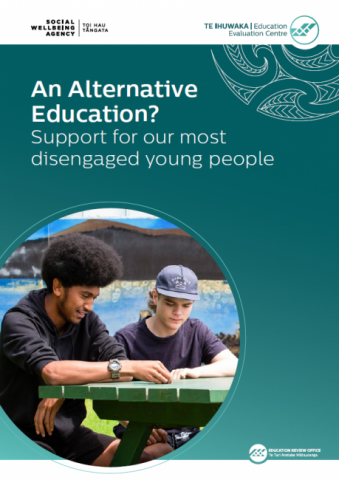Newly developed indicators of quality for early childhood education published
Published: 06 Apr 2020
The newly developed indicators of quality for early childhood education in Aotearoa New Zealand are now available on the ERO website.
- Audience:
- Academics
- Early learning
- Education
- Māori-medium
- Parents
- Schools
- Content type:
- News article
